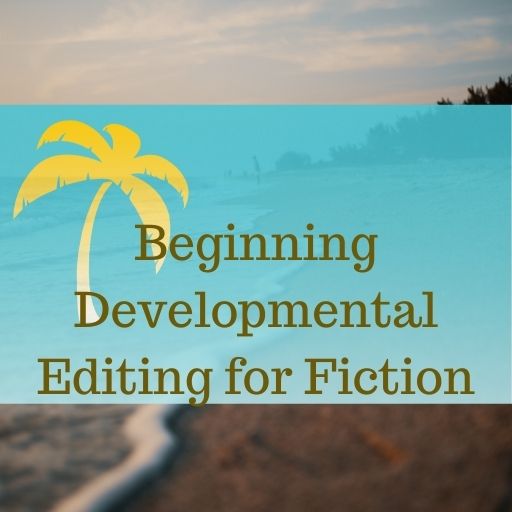What Do Book Editors Do?
So what do book editors do? If you’re new to editing, you may not be familiar with the various roles different types of editors play.
What Do Book Editors Do?
If you’re planning to work as a freelancer, it pays to understand who does what at a publishing company. This list is intended to help you figure that out.
The Different Types of Editors
- The acquisitions/assigning editor is the editor who buys the book or commissions the article/short story. He or she works for a publishing company and may be the one who asks you to do the necessary editing on a project. This person is responsible for shepherding the book through the publishing process, from contracting with the author to overseeing edits, approving cover design, and helping coordinate publicity. This role is usually (though not always) played by a staffer. An acquisitions editor is sometimes called a senior editor.
- Executive editors, editorial directors, and editors-in-chief oversee the big-picture operations of the editorial side of a publishing company and may also be the ones who contract with you to work on a project—but you are most likely to be working with an acquisitions editor.
- Editors-at-large are usually brought on by a publisher because they have a specific skill or reputation to contribute. They rarely deal with day-to-day operations and are usually not on staff. As a freelance editor, you will rarely work with an editor-at-large—but you may be an editor-at-large.
- Managing editors are more likely to be found in periodical publishing than in book publishing and may perform many of the same roles as the acquisitions editor. In some cases, the managing editor functions more like a copy editor. In book publishing, managing editors tend to play a role similar to executive editors and may have editors reporting to them. Sometimes they will be more like a production editor. In any case, they will almost always be on staff.
- A production editor oversees the physical production of a book or magazine. This editor usually works closely with the managing editor or acquisitions editor to produce the publication or book. Most production editing positions are staff positions, and they require specific expertise in project management.
Classes to Learn What Do Book Editors Do

- The developmental editor, also called content editor or substantive editor, is one who works at the big-picture level. Does the manuscript do what it’s supposed to do? The developmental editor may also perform basic fact-checking and will be expected to catch discrepancies, such as the protagonist who has blue eyes in the first chapter but brown eyes in the second. Developmental editing is often done by an assigning or acquisitions editor, but it can be farmed out to freelancers.
- A copy editor is also concerned with whether a piece works, but this is at the sentence level—polishing the prose. The copy editor also ensures the manuscript conforms to the accepted style.
- The proofreader, which many people confuse with the copy editor, is the final defense against error in a manuscript. The proofreader goes through a manuscript before it is published to make sure that no errors have slipped through after editing. A proofreader may compare a final typeset work against its copyedited draft to make sure the changes were accurately reflected in the final. This work requires an excellent eye for detail.
Developmental editing, copyediting, and proofreading are the three areas with the most potential for freelancers.
Tips for Editors & Writers
-
Happy New Year!
I ate my grapes (a Spanish tradition for the new year), said “Feliz año!” to everyone in the neighborhood, and snuggled up with a good book, feeling grateful as I embark on my second year in Spain. May your 2026 be filled with happiness and adventure!
-
Reading Books for a Living
I discourage editors from saying that our work is “reading books for a living” because that diminishes our expertise and experience. Editing is not reading books for a living; it’s understanding stories and storytelling techniques, cultivating judgment and discernment, practicing effective editorial methodologies and more. But some days, like today, I look around my office…
-
Happy Holidays!
Here in Spain they take Christmas very seriously, and so that’s what I’m doing, too. I’m taking time off to spend with family and friends. We’ll gather for a meal and a walk among the Christmas lights. Then I’ll read a good book before bed. (Perhaps next year I’ll say, “We take Christmas very seriously.”)…
Join the Club!
New to story editing? Begin at the beginning.



